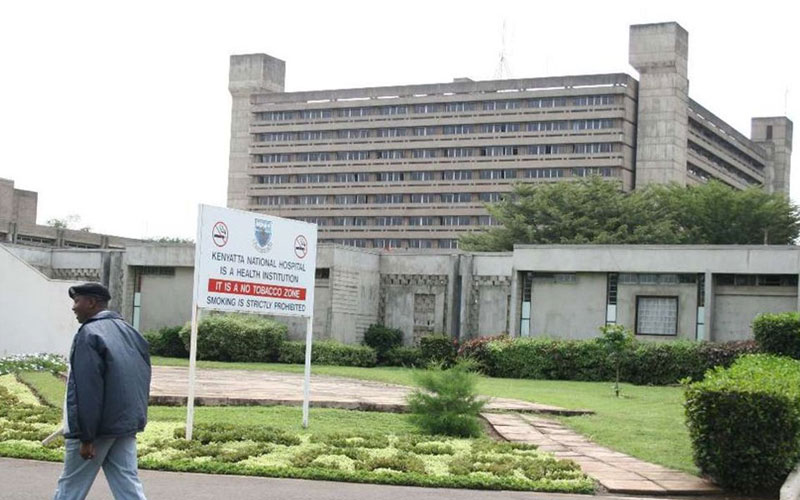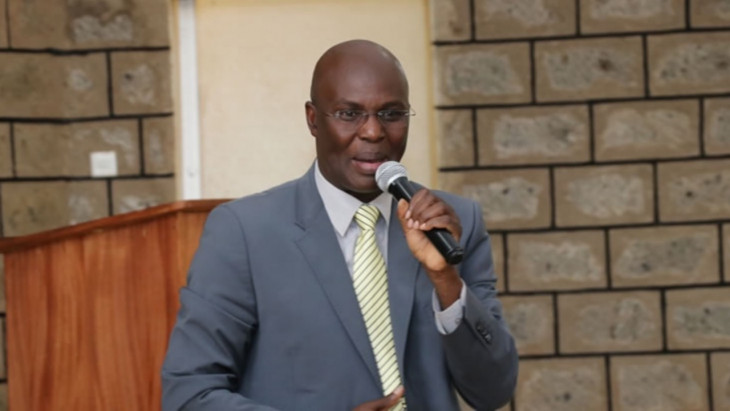Prisons must uphold the rights of inmates

The death of a 41-year-old inmate at the Lang’ata Women’s Prison a few days ago raises serious questions on the safety of inmates and remand suspects in Kenyan jails.
According to prison authorities, Fatthiya Nassir suffered an undisclosed ailment and was taken to Kenyatta National Hospital where she reportedly died. But an autopsy report tells a different story—she had been hit with a blunt object on the head and her jaw dislocated.
To the pathologists, there was no doubt Nassir was murdered. The question then is: by who and why? And even more worrying is, how did this happen at a facility that is secured?
This incident adds to the disturbing statistics of cases that project the prisons at torture chambers, where inmates are at the mercy of either rogue warders or criminal gangs behind bars.
Another recent case is that of Simon Nduro at Naivasha Prison, who was said to have been bludgeoned to death by eight guards.
A recent report says more than 800 cases of torture have been recorded in prisons in the last five years. It is unacceptable.
Prisons are designated correctional facilities, where offenders and those awaiting trial are held.
But if one considers that some 819 prisoners have died in prison since 1995, there is cause for concern.
Incidents such as that of Nassir and Nduro negate the painstaking gains made in reforms to make prisons and remand homes safe and habitable.
Indeed, in its mission, the prisons department declares that inmates shall be kept in humane safe conditions to facilitate responsive administration of justice, rehabilitation, social integration and community protection.
The rights and dignity of inmates is also clearly spelt out in the Constitution. Reforms in the last decade in the country’s prisons have transited from the concept of incarceration to the supposedly higher philosophy of correction, on the premise that those who serve time come out better.
That assumption should not be negated by a few individuals who are tasked to make prison life both a lesson and time for reflection to become better persons.
As the family demands for truth on how Nassir died— and many other cases that go unreported— the prison authorities must begin to reflect on whether the reforms being undertaken at great cost to the taxpayer are working. Prisons must work to safeguard life and dignity of the inmates.












